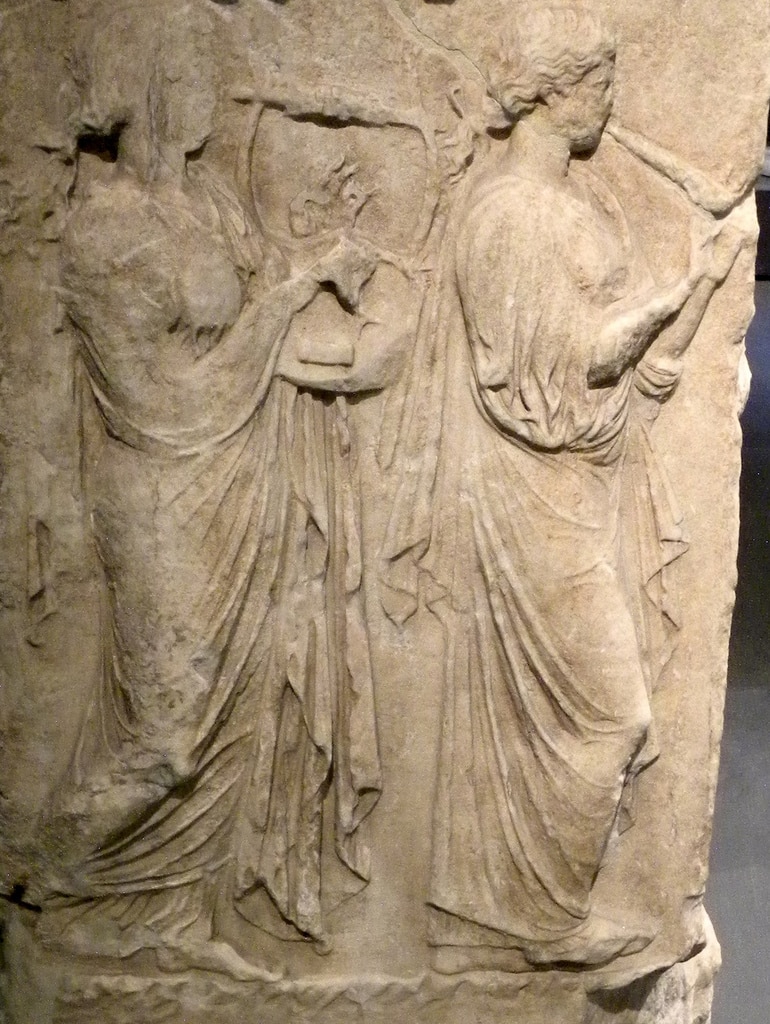
by Emily Wenstrom |
Write every day. Set a word count and don’t get up until you reach it. Butt in chair, hands on keyboard.
Writers get a lot of advice about the importance of pushing ourselves to get the words on the page. It’s a principle I try to live by, and I know I’m not alone. But there are times when the best thing you can do for your writing is just step away.

by Emily Wenstrom |
We all know the adage “write what you know.” It’s good advice. It’s a solid approach to relatable characters and descriptions that feel real.
But when it comes to themes, this is not good advice. When it comes to themes, write what you don’t know. In fact, it’s one of the best paths to a key element of great fiction: complexity.

by Emily Wenstrom |
At the opening of Odyssey, Homer appealed to his muse for the inspiration to tell his story. Shakespeare did the same thing in a number of his plays. Let’s face it, when it comes to art, inspiration is the queen on high.

by Emily Wenstrom |
As writers, we spend a lot of time alone, pouring our hearts onto the page. But if we want to produce the very best work that you can, this isn’t enough. To truly make our work the best it can be, we need fresh eyes. We need to show our work to others willing to pick up that loathed red pen and critique our writing.






